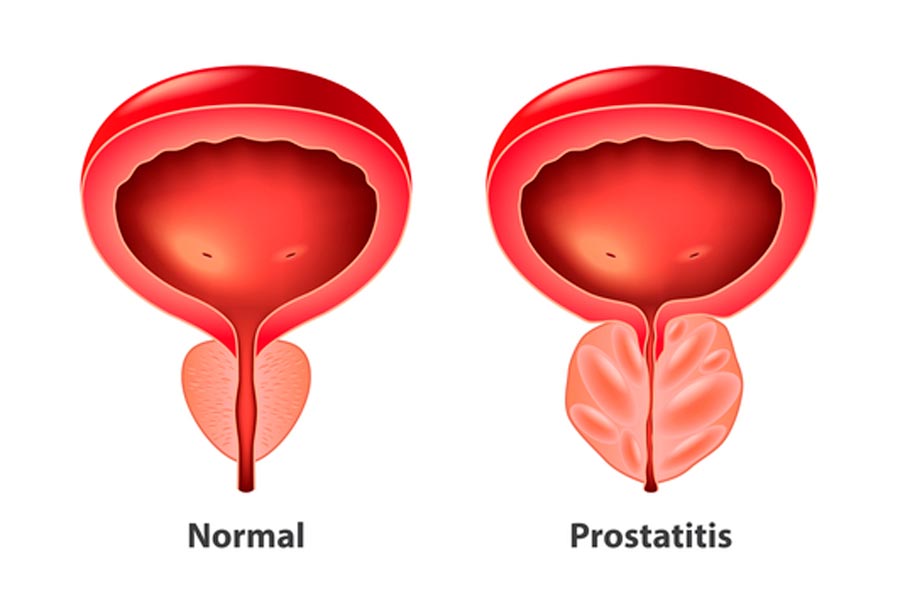
Prostatitis is more common than you might think. It affects millions of men around the world, especially those between the ages of 30 and 50. Yet many suffer in silence, too embarrassed or frustrated to speak up. Whether your symptoms come and go or persist for months, prostatitis can seriously affect your quality of life. But there is hope — with the right approach, you can manage the condition and regain control.
What Is Prostatitis?
Prostatitis is the inflammation of the prostate gland. It’s not the same as prostate enlargement or prostate cancer, though some symptoms may overlap. There are four main types, but the two most common are:
Chronic prostatitis/chronic pelvic pain syndrome (CP/CPPS) – the most frequent type, with no clear infection but ongoing pelvic pain, discomfort during urination, or sexual dysfunction.
Acute bacterial prostatitis – caused by a bacterial infection, often with sudden, severe symptoms like fever, chills, and painful urination.
Common Symptoms
Pelvic or lower back pain
Burning or discomfort when urinating
Frequent urge to urinate, especially at night
Painful ejaculation or erectile dysfunction
Feeling of incomplete bladder emptying
Living With the Symptoms
Many men describe prostatitis as exhausting — both physically and mentally. The uncertainty of flare-ups, the impact on sex life, and the lack of clear solutions can be overwhelming.
But there are ways to cope:
1. Work With a Specialist
Find a urologist who listens and takes your concerns seriously. Diagnosing prostatitis isn’t always easy, and sometimes it takes time to find the right treatment.
2. Lifestyle Adjustments
Avoid spicy foods, caffeine, and alcohol — they can irritate the prostate.
Stay active. Gentle exercise like walking or swimming helps improve blood flow and reduce inflammation.
Practice stress management techniques like deep breathing or meditation. Stress can worsen symptoms.
3. Pelvic Floor Therapy
Many men benefit from working with a pelvic floor physical therapist. This therapy helps relax tense muscles that may be contributing to pain.
4. Natural Supplements
Some men find relief with herbal remedies like saw palmetto, quercetin, or pollen extract. Always consult a healthcare provider before starting any supplement.
5. Mental Health Matters
Don’t underestimate the emotional toll. Anxiety, depression, or relationship stress often go hand-in-hand with prostatitis. Speaking with a therapist or joining a support group can help.
You’re Not Alone
Living with prostatitis may feel isolating, but you’re not alone. Thousands of men are dealing with the same challenges every day. The key is to be proactive — educate yourself, try different approaches, and stay hopeful. Relief is possible, and a better quality of life is within reach.